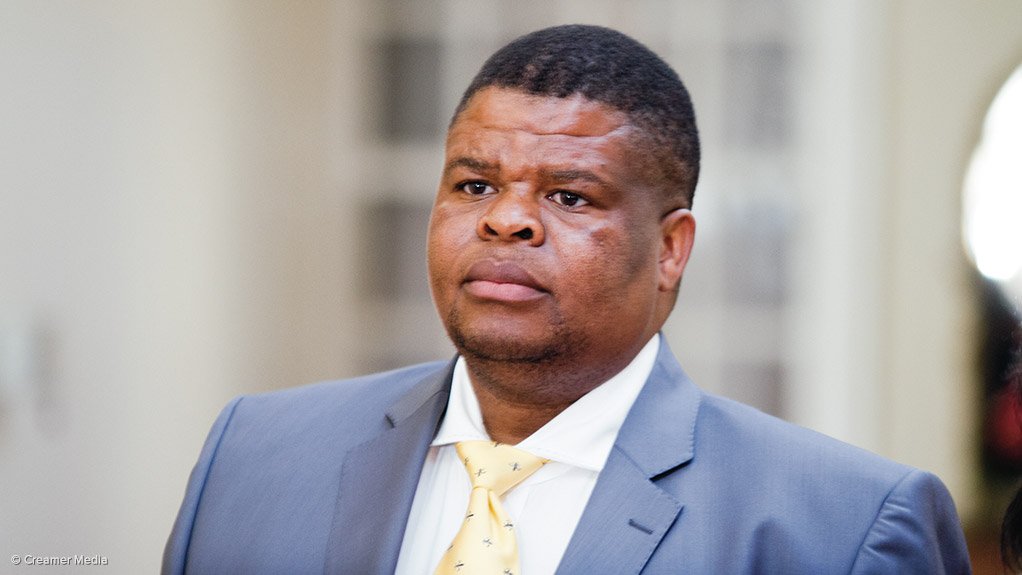Energy Minister David Mahlobo’s latest Parliamentary reply, in which he argues that there is no longer a need to build large generation units, owing to the availability of low-cost smaller generation options, is at odds with his support for a large-scale nuclear build programme.
In response to Economic Freedom Fighters MP Mzingisi Dlamini’s question as to why he was “seemingly in a rush to expedite a nuclear energy deal that South Africa cannot afford”, the Minister acknowledged the risk of building “stranded assets” in light of the current decoupling of economic growth in South Africa from electricity demand.
“This necessitates a more frequent revision of the Integrated Resource Plan (IRP). Otherwise we may end up building infrastructure that will not be optimally used,” Mahlobo admitted, while indicating that a revised IRP would be placed before Cabinet soon.
He then went on to say: “The low cost of smaller generation units makes it easy, as we now do not have to build large units i.e. infrastructure build programmes must be implemented in a modular manner so that it can respond to changes in the market”.
The reply flies in the face of the Minister’s open support for nuclear, which would involve large-scale, lumpy investments that would take years to design and build. All the pressurised water reactor designs that might be considered should South Africa restart the process to procure nuclear would have capacities of greater than 1 000 MW a unit.
Mahlobo insisted that no nuclear energy deal was being “rushed and expedited by myself as the Minister of Energy”. Instead the focus of the Department of Energy was on updating the Integrated Energy Plan and the IRP.
He attributed the decoupling of economic and electricity growth to the fact that energy-intensive users were embracing energy-efficient technologies, while the structure of the economy was also becoming less energy intensive, owing to the growing role of services.
“Intensive energy users are now building their own generation plants, commercial buildings are moving towards rooftop power generation. [Therefore], electricity demand from the national grid will become more difficult to estimate,” Mahlobo asserted.
EMAIL THIS ARTICLE SAVE THIS ARTICLE ARTICLE ENQUIRY
To subscribe email subscriptions@creamermedia.co.za or click here
To advertise email advertising@creamermedia.co.za or click here











